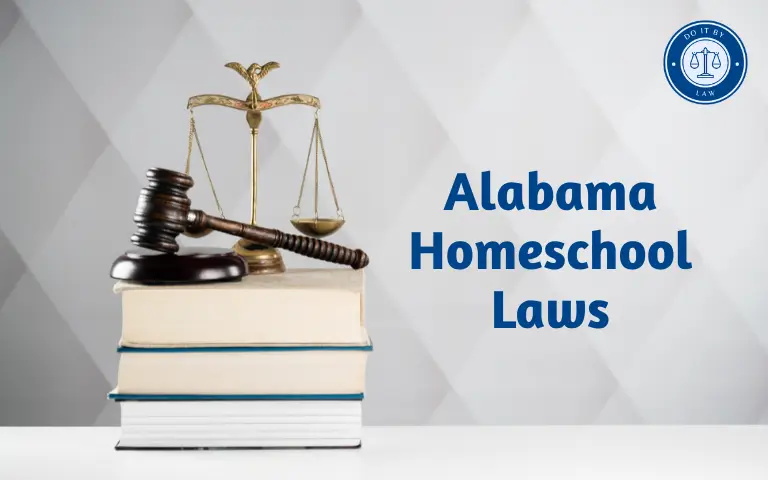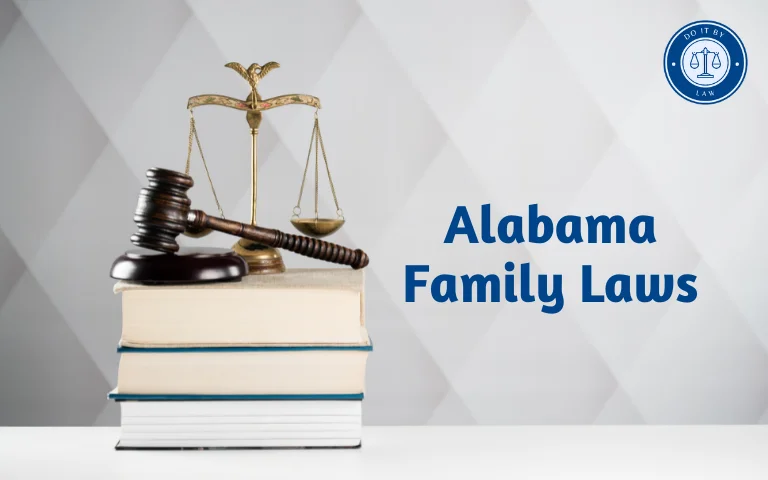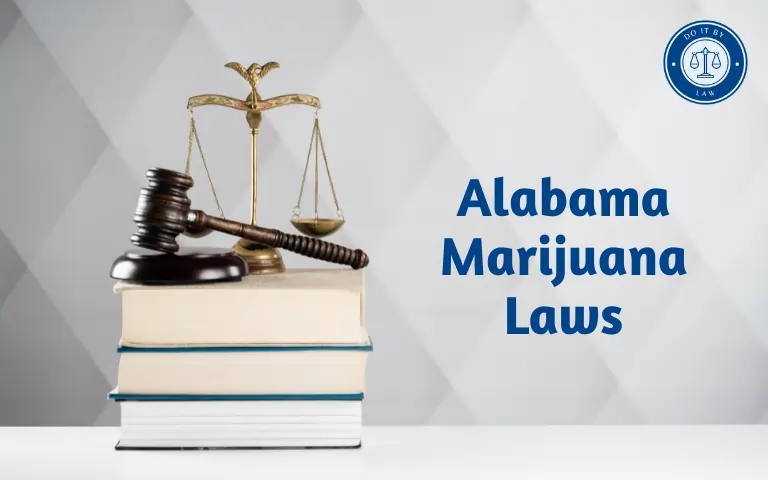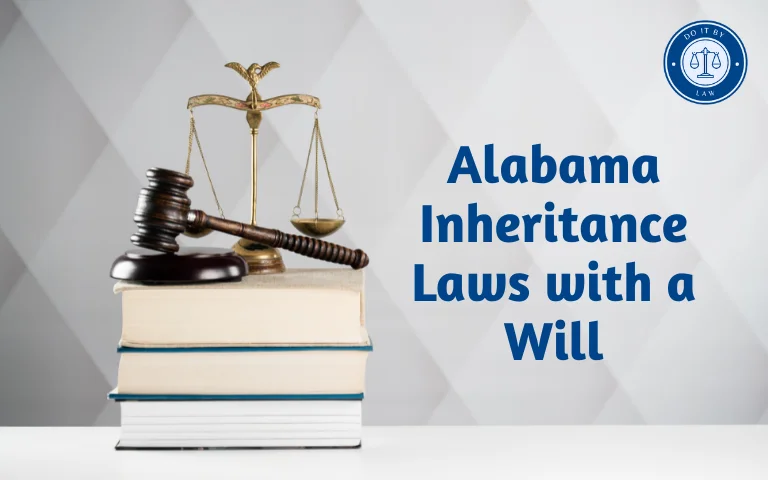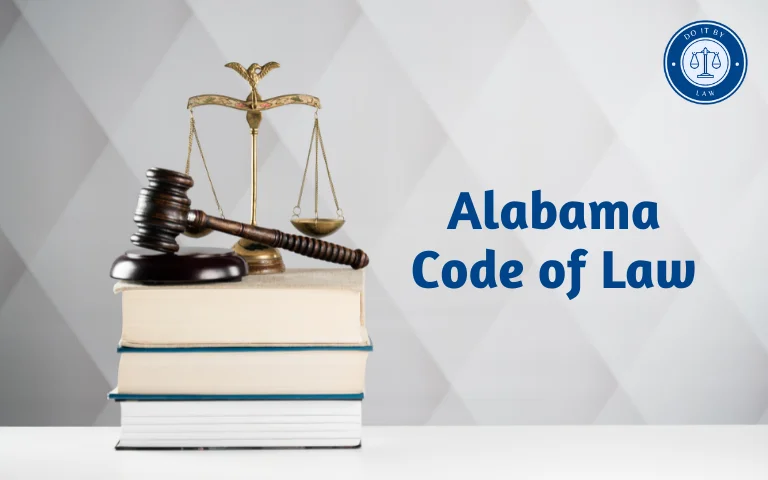Alabama Debt Collection Laws: What do you need to know
Alabama Debt Collection Laws to ensure fair practices after loan or bill payments become delinquent. State and federal statutes ban harassment while allowing reasonable creditor recovery efforts. This guide summarizes key debt collection rules in Alabama as of December 2023.
When Were Alabama’s Debt Collection Laws Enacted and Why Do They Exist?
Alabama States first enacted consumer protections against overly aggressive collection agents in the 1970s by adopting the federal Fair Debt Collection Practices Act standards. Further state Debt Collection Licensing Acts emerged in the 1990s to curb coercion complaints. These rules aim to:
- Prohibit deceitful, abusive, or humiliating collection tactics.
- Ensure proper validation of debts before enforced recovery efforts commence.
- Provide oversight on collection industry licensing and standards.
- Incentivize voluntary resolution plans protecting both parties.
- Standardize statutes of limitations defining unenforceable aged debts.
Overall the laws recognize legitimate creditor repayment needs while deterring unfair consumer treatment often arising from sold-off old defaulted account obligations.
Who Do Alabama’s Debt Collection Laws Apply To?
Alabama’s debt collection statutes and licensing requirements apply to:
- Third-Party Collectors: For-profit agencies buying old defaulted account debt from creditors to pursue on their behalf a percentage of recovered funds. Most rules target bad actors here.
- Original Creditors: Banks, credit unions, stores, or other lenders seeking to collect their past-due customer accounts in-house face some oversight on tactics used internally on consumer debtors.
- Collection Lawyers: Attorneys hired to initiate lawsuits face regulations on false statements made in filing legal actions tied to old consumer debts.
- Credit Reporting Agencies: National consumer credit bureaus track collections histories but also must investigate disputed entries.
Consumers with debt liability of course receive enumerated rights and protections under the laws.
Key Provisions, Requirements, and Restrictions
Alabama debt collection laws incorporate federal standards banning deceptive and abusive practices, including:
- Harassing contacts at inconvenient hours or locations
- False threats regarding fictitious enforcement capabilities
- Misrepresenting legal connectivity of involved parties
- Revealing alleged debts improperly to employers or family
- Calling without identifying themselves immediately
- Asserting inflated account balances well beyond principal/interest owed
If hiring third-party collectors, lenders must:
- Cap contingency fees at 35% of recovered sums
- Bond agencies for a minimum $10,000 coverage
- Ensure licensing compliance checks and processes
Additionally, Alabama stipulates important consumer rights like:
- 30-day validation period forcing collectors to cease efforts and instead prove the legitimacy of debt through documentation sent upon consumer written request received within the first month after initial contact.
- Assumption agreements codifying terms before garnishments of wages may proceed legally over established objections.
- Exemptions shielding protected income sources, assets, and property from seizure towards judgments tied to old unsecured debts.
What Are the Penalties for Violating Alabama’s Debt Collection Laws?
Those violating debt collection rules in Alabama may face:
- Civil Liability – Damages from private lawsuits for illegitimate communication disclosures, emotional distress claims over harassment, etc. Awards can reach ~$1,000 per violation.
- State Fines – Up to $10,000 in administrative fines against unlicensed activity or prohibited practices.
- **Criminal Penalties – **Harsher unlawful collection schemes can trigger misdemeanor charges.
- Licensing Discipline – Regulatory agencies may issue fines, practice restrictions, or revocations against misconduct by individual collectors and agencies.
- CFPB Intervention – Rogue agencies risk federal Consumer Financial Protection Bureau civil action and compliance reform mandates.
Recent Changes and Proposed Updates to Alabama Debt Collection Laws
Alabama amended state licensing protocol effective January 2023 including:
- Raising bonding requirements set over 30 years ago from $10K minimums to $50K for larger agencies.
- Adding requirements that collection managers and key staffers also hold individual qualifying licenses.
2023 session bills seek to:
- Shorten statutes of limitation for initiating lawsuits to collect consumer debts from 6 years currently.
- Increase penalties for threats/coercion violations.
- Expand licensing oversight staffing to enable more effective administration of complaint reviews and disciplinary hearings.
Reform arguments highlight rapid industry consolidation since the initial rules passed needed revisiting for the modern environment. However, consumer advocates argue changes weaken rights.
Controversies, Debates, and Challenges Around Alabama Debt Collection Laws
Alabama faces disputes balancing various industry and consumer concerns:
- Old Debts Disputes – Rights to dispute debts older than initial credit terms (often 3-6 years) before payment demands get pursued. Calls for reducing validity clocks.
- Harassment Standard – Varying views on what reaches the true harassment threshold given high system tolerances historically for contact persistence viewed as necessary towards some resolution.
- Licensing Overreach – Creditors argue isolated incidents shouldn’t mean blanket major regulation expansion on all. But consumer groups highlight rapid operational consolidations and concentrate consumer impacts when violations do occur in need of oversight expansion keeping pace.
- Staff Shortages – Surging complaints backlogs result from tight examiner staffing unable to conduct full investigations within reasonable timeframes.
- Data Security – Rising identity theft rings exploit loopholes within credit systems to initiate or conceal illegitimate collections on fabricated debts needing tightened protections.
- Overall the debate continues over modernizing the system without equating essential credit availability behind all lending systems.
Key Takeaways on Alabama Debt Collection Laws
In summary, Alabama resident consumer rights include:
- 30 days to validate contested debts in writing ceasing collection efforts temporarily.
- Statutes of limitations restricting lawsuits/garnishments on debts aging past set periods.
- Explicit banned contact tactics and disclosures protected by state/federal regulations.
- Bonding and licensing requirements in place on collectors, if leveraged effectively by regulators.
- Ability to report violations to state authorities for investigation.
However, enhancements remain needed to address outdated gaps against today’s challenges.
Frequently Asked Questions About Alabama Debt Collection Laws
References/Links to Alabama Debt Collection Laws
- Alabama Fair Debt Collection Statutes
- Alabama Consumer Credit Code
- Alabama Debt Collection Licensing Board
Tags
Alabama Debt Collection Laws, Debt Collection Harassment Alabama, Alabama Debt Validation Rights, Alabama Statute of Limitations on Debt, Debt Collector Licensing Alabama
Focus Keyword: Alabama Debt Collection Laws
Meta Description: Are aggressive debt collectors harassing you over old bills in Alabama? Learn key consumer rights and protections here regarding communication standards, license oversight rules and more.



